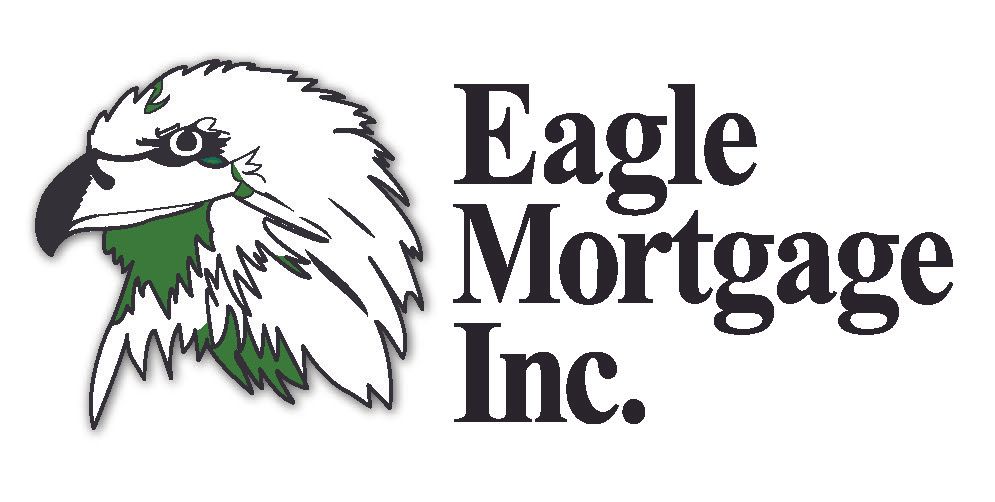Is Refinancing to Consolidate Debt a Smart Move?
Liz Gibbs
Understanding Mortgage Refinancing for Debt Consolidation
Refinancing your mortgage to consolidate debt can be a strategic financial decision, but it's important to understand the process and its implications. Essentially, this involves changing your existing mortgage to access extra funds, which are then used to pay off high-interest debt like credit cards or personal loans. The new mortgage typically comes with a lower interest rate, offering potential savings on interest payments over time.Pros of Refinancing for Debt Consolidation
There are several benefits to refinancing your mortgage to manage other debts:- Lower Interest Rates: Mortgage interest rates are generally lower compared to unsecured debts like credit cards. By consolidating, you could reduce the total amount of interest you pay.
- Single Monthly Payment: Instead of juggling multiple debt payments, refinancing consolidates them into a single monthly mortgage payment, simplifying your financial management.
- Improved Cash Flow: With a potentially lower monthly payment, you have more cash available for other expenses or to save for emergencies.
Considerations Before Refinancing
While the prospect of reducing your debt burden can be appealing, it's essential to weigh these factors:- Closing Costs: Refinancing usually incurs costs such as application fees, appraisal fees, and closing costs. Ensure the savings from lower interest rates justify these expenses.
- Losing Equity: Turning unsecured debt into secured debt against your home increases the risk of losing your home if you fail to meet future mortgage payments.
- Loan Term Extensions: Extending the term of your mortgage can mean paying more interest over time, even with a lower rate.

